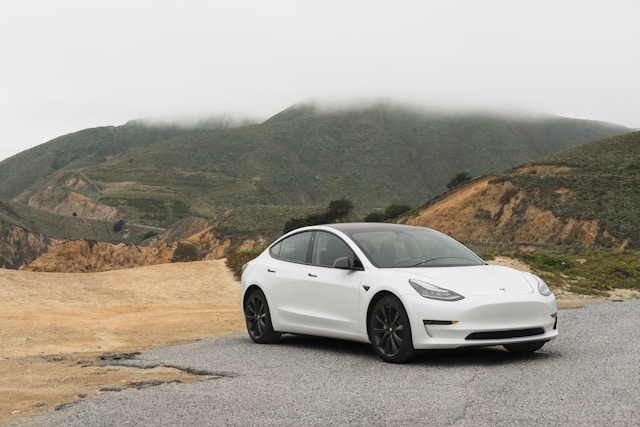Space tourism, once a concept relegated to the realm of science fiction, is rapidly becoming a reality. With advancements in aerospace technology and the entry of private companies into space exploration, the dream of traveling beyond Earth’s atmosphere is now accessible to more than just professional astronauts. This burgeoning industry promises not only to open up new horizons for human adventure but also to have profound implications for the future of space exploration. This article delves into the emergence of space tourism, its potential impacts, and the challenges it faces in the quest to democratize access to space.
The Dawn of Space Tourism
The concept of space tourism took a significant leap from fantasy to feasibility in the early 21st century, with companies like SpaceX, Blue Origin, and Virgin Galactic leading the charge. These companies have developed spacecraft capable of carrying civilians to space, albeit at a steep cost. The first suborbital flights, offering passengers a brief experience of weightlessness and a glimpse of Earth from the edge of space, have already made headlines around the world. Meanwhile, plans for orbital flights, space hotels, and even lunar excursions signal an ambitious vision for the future of human space travel.
Implications for Space Exploration
Space tourism holds the potential to significantly impact the broader field of space exploration in several ways:
-
Funding and Investment: The commercialization of space travel has attracted significant private investment in space technologies. The revenue generated from space tourism can fund research and development projects, accelerating advancements in spacecraft design, propulsion systems, and life support systems.
-
Public Engagement: By making space travel more accessible, space tourism can inspire a new generation of space enthusiasts. Increased public interest can lead to greater support for space science and exploration initiatives, both public and private.
-
Technological Innovation: The challenges of safely transporting civilians to space and providing them with a comfortable experience push the boundaries of aerospace technology. Innovations driven by space tourism can have applications in other areas of space exploration, such as long-duration space missions and the development of sustainable habitats in space.
-
International Collaboration: As space tourism expands, it may encourage greater international cooperation in regulating and managing space travel. This collaborative approach could foster partnerships that benefit scientific research and space exploration missions.
Challenges Ahead
Despite its potential, space tourism faces several challenges:
-
Cost: Currently, the cost of space travel is prohibitively high for most people, limiting accessibility. Finding ways to reduce costs is crucial for the industry’s growth and democratization.
-
Safety: Ensuring the safety of space tourists is paramount. The industry must develop stringent safety standards and procedures to protect passengers in the inherently risky environment of space.
-
Environmental Impact: The environmental impact of space launches, including emissions and potential space debris, is a concern. Developing more sustainable launch technologies and practices is essential for the industry’s long-term viability.
-
Regulation: The regulatory framework for commercial space travel is still in its infancy. Establishing clear, consistent regulations that ensure safety and protect the interests of all stakeholders is critical.
Conclusion
Space tourism represents a new frontier in human exploration, offering unprecedented opportunities for adventure, discovery, and inspiration. As the industry grows, its impact on space exploration, technological innovation, and international collaboration will continue to unfold. Overcoming the challenges of cost, safety, environmental impact, and regulation will be key to realizing the full potential of space tourism and ensuring its positive contribution to humanity’s off-planet endeavors.



One response to “The New Frontier: Space Tourism and Its Impact on Space Exploration”
Hi, this is a comment.
To get started with moderating, editing, and deleting comments, please visit the Comments screen in the dashboard.
Commenter avatars come from Gravatar.